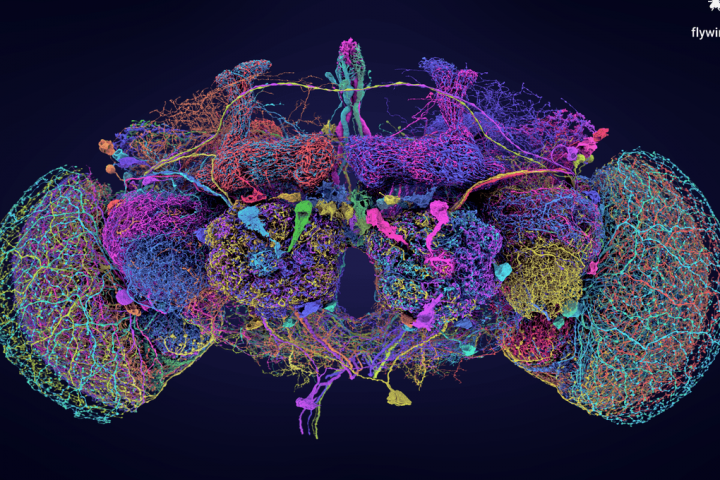Prepare to be amazed by the incredible power of the vagus nerve! This little-known nerve has been making waves in the health world, with claims that stimulating it can alleviate a wide range of issues. But what exactly does the vagus nerve do, and is there any truth to these claims? Let’s dive in and find out.
What does the vagus nerve do?
The vagus nerve, also known as the “wandering” nerve, is a pair of nerves that connect the brain to various parts of the head and upper body. It’s part of a group of cranial nerves that control essential functions like smell and sight.

But the vagus nerve doesn’t stop there. It extends its reach to critical organ systems in the neck, torso, and abdomen, earning its title as the “grandaddy” of cranial nerves. It plays a major role in the parasympathetic nervous system, which controls automatic processes like digestion and heart rhythm. It’s also responsible for the infamous “rest and digest” phase, as opposed to the “fight or flight” response triggered by the sympathetic nervous system.
And here’s a fun fact: if you’ve ever fainted due to a sudden drop in blood pressure, you can thank your vagus nerve for that too! This phenomenon, known as vasovagal syncope, is just one of the many bodily functions that rely on this incredible nerve.
Given its involvement in so many bodily processes, it’s no wonder that the vagus nerve has been linked to various health conditions. Many wellness enthusiasts swear by vagus nerve stimulation as a way to improve overall well-being. But is there scientific evidence to








